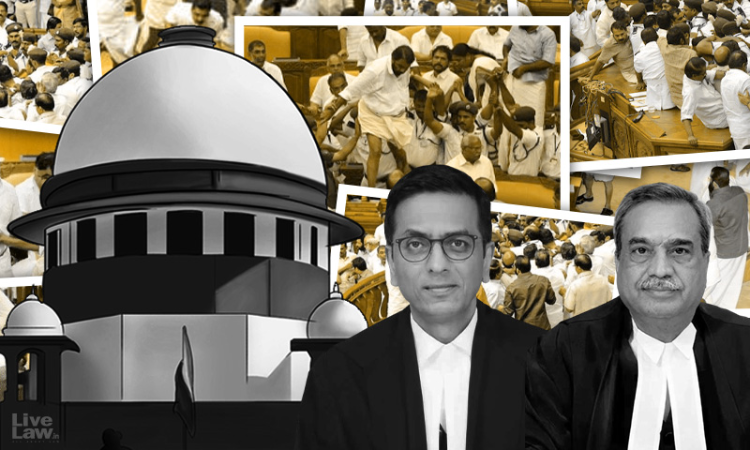Legislative Privileges & Immunities Not Gateways To Claim Exemption From Criminal Law : Supreme Court In Kerala Assembly Ruckus Case
LIVELAW NEWS NETWORK
28 July 2021 4:11 PM IST

"Acts of vandalism cannot be said to be manifestations of the freedom of speech and be termed as "proceedings" of the Assembly".
Next Story


